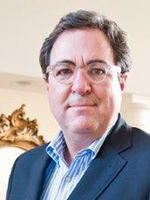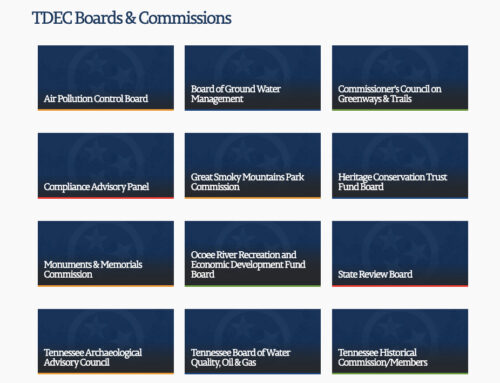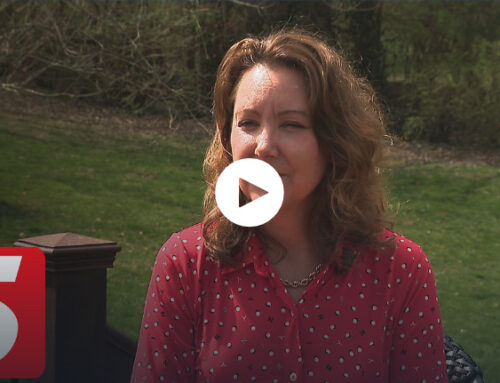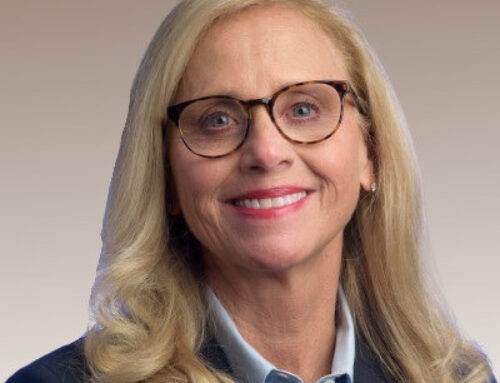The Douglas Henry State Museum Commission has rescinded a controversial code of conduct policy that had required board members to notify the commission before they talked to the media and threatened ouster of board members who didn’t follow the rules.
The code of conduct policy came under fierce criticism by lawmakers at a Joint Government Operations Committee meeting in August. Several were appalled at the restrictive speech policy and one said it appeared to be an attempt to silence museum board member and former Knoxville mayor Victor Ashe.
The code of conduct policy prohibited board members from saying anything that would “disparage” the museum or museum staff.
“Do you want to take the legislature on?” asked Senate Government Operations Committee Chairman Mike Bell, R-Riceville, addressing Tom Smith, chairman of the Douglas Henry State Museum Commission at the August hearing.
Apparently not, and yesterday, the museum board meeting in Knoxville repealed the policy changes and put Ashe on the bylaws committee.
In other pro-transparency moves, it increased the advance notice to the public required for a special-called meeting from 48 hours to eight days. And it provided agenda packets to reporters covering the meeting – something it did not do in the past.
“I think there’s been some thought that I particularly wasn’t wanting to comply with the law or (wanted) to run it like a business or whatever, but I would think those are mischaracterizations,” Smith said, as quoted in a Knoxville News Sentinel story about the meeting. “I’m not a public policy expert, I don’t work for the state, I don’t follow state law (closely), but we’re trying our best to be transparent.”
(The Attorney General’s Office worked with the museum board on the code of conduct policy and defended it before lawmakers at the August hearing.)
Here’s an excerpt from Cari Wade Gervin’s story in the The Nashville Post, “Museum board repeals policy changes“:
Members of the Douglas Henry State Museum Commission are once again free to disparage the museum or their fellow commissioners, should they so choose.
On Monday, the commission repealed the controversial by-law and policy changes it adopted in July, reverting to the prior regulations. The policies included a “code of conduct” that prevented commission members from maligning the Tennessee State Museum or its staff and required notification before a member spoke to the press. It also outlined a process to force the resignation of a commissioner who didn’t abide by the policies — something at odds with the state law that specifies how commissioners are appointed.
The method by which the changes had been adopted had also come under criticism from state legislators, who said the DHSMC should have followed the Uniform Administrative Procedures Act to change the by-laws, a process that takes several months. At a hearing of the Joint Government Operations Rule Review Committee in August, legislators grilled a defensive DHSMC head Tom Smith over the changes.
However, by Monday Smith and other commission members had put their defensiveness aside, deciding first in a by-laws committee meeting to re-address policy changes after further study of best practices by other museums and state agencies. In the full meeting, they then voted without much discussion to repeal the changes, keeping only a provision to provide eight days of notice instead of 48 hours in the case of an emergency commission meeting.
Victor Ashe, frequently an outspoken critic of past mismanagement at the museum who had said the policy changes were directed at silencing him, is now a member of the by-laws committee, so any future changes are likely to be less controversial. Smith also said if the group does decide to update its policies next year, it will go through UAPA — a move certain to please legislators.
And keeping legislators happy is going to be very key for the commission and the museum staff as they seek approval for next year’s budget, which will almost double in size.
Museum executive director Ashley Howell said that the agency will need to hire 12 new positions as it prepares to move into its new facility next fall. She also wants funding for at least a 10 percent raise for all current employees, whose salaries, she said, are not on par with other museums in the region. And once in the new building, the agency will owe rent to the state, which Howell said would be around $3 million annually.
The museum’s budget is around $4 million currently, and Howell’s proposal will take it up close to $8 million, she said. However, state Sen. Bo Watson, a commission member and chair of the Senate Finance Committee, implied that request might be tough to approve without the museum also showing hard numbers on how it plans to bring in more revenue in the future. Howell said profits from the museum shop, which currently go to the State Museum Foundation, need to go to the museum’s budget itself, and she commented that the new building will also bring in revenue from event rentals for weddings and parties.
“How do we get to a public-private partnership?” Howell said. “That’s what I’m focused on.”






